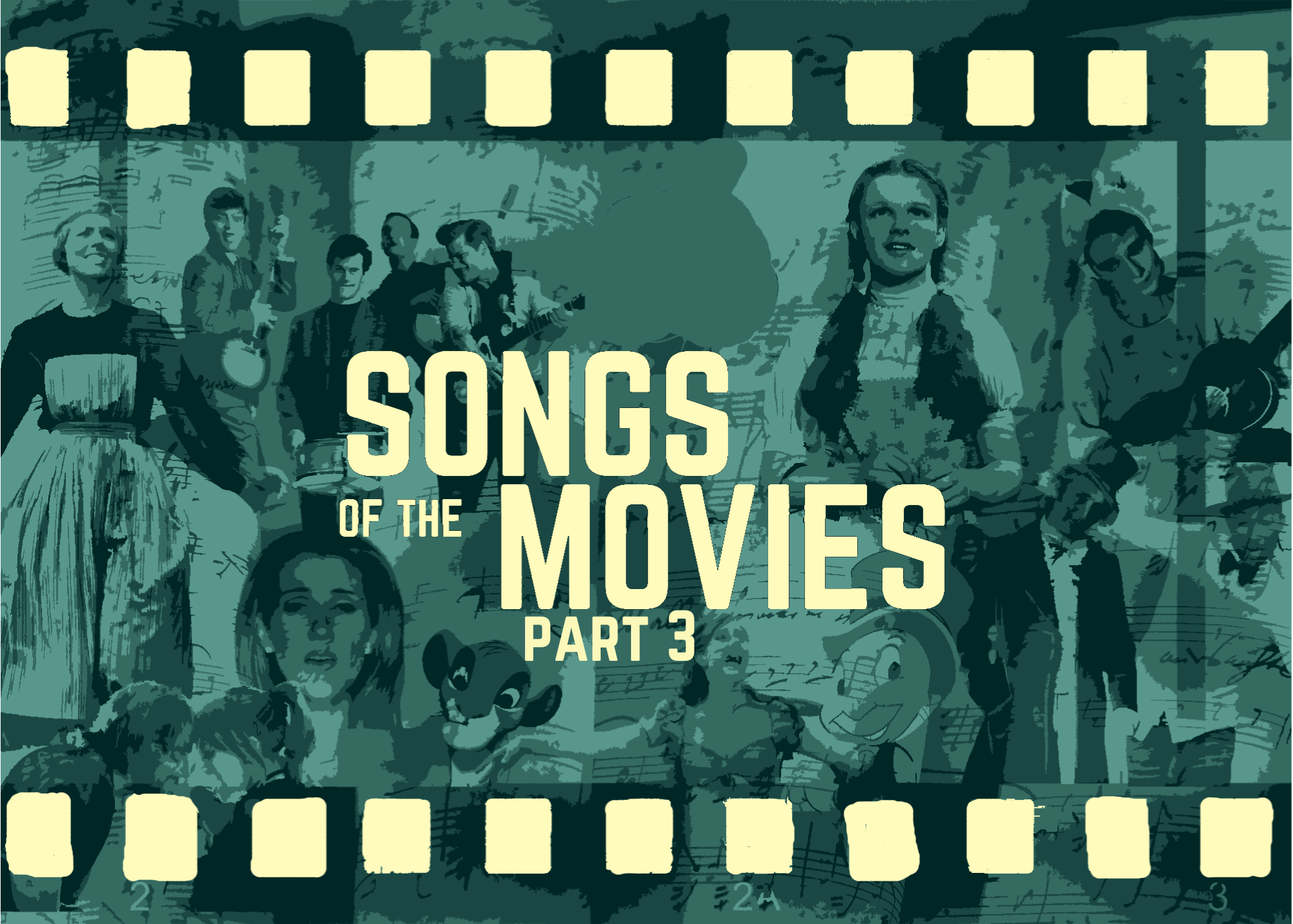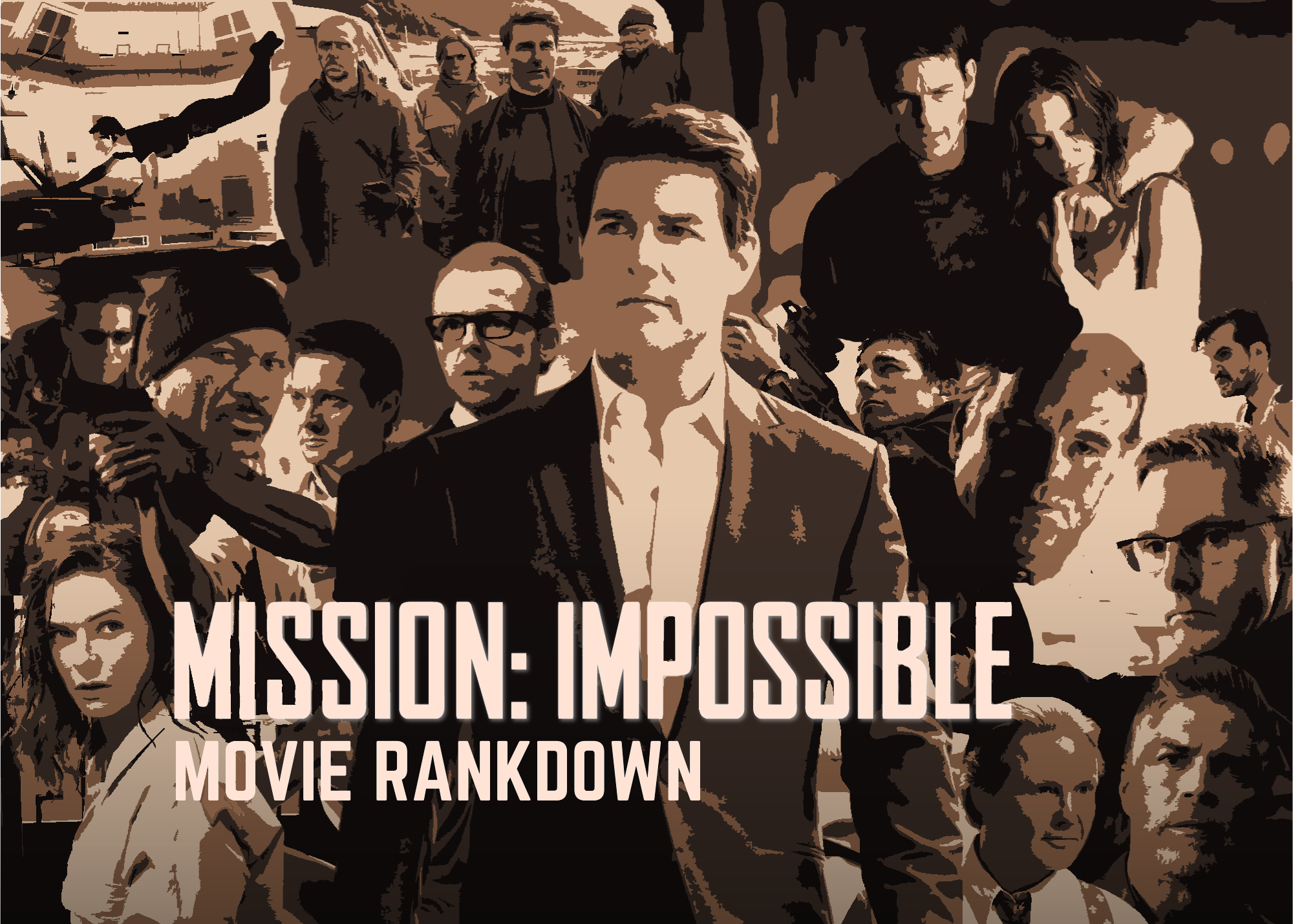"Troy" Retrospective: Sword and Sandal's Final Bow
You need this movie like you need an arrow through your Achilles' tendon, but in... a good way?
RetrospectiveDuring the production of Titanic, James Horner conspired to write a song with Will Jennings for the film’s ending credits. Director James Cameron was adamant that no songs get used in the movie, fearing he would get criticized for commercializing his film at the eleventh hour. When the two sensed Cameron was agreeable, they presented the recording: “My Heart Will Go On,” sung by Celine Dion.
Despite his initial misgivings, Cameron agreed to use the song. The film’s production was troubled from the beginning, creating fear amongst executives that their $200 million investment would result in the most devastating loss in Hollywood history. A potential hit song could ease that suffering; Dion’s soaring ballad would play over the film’s credits.
Titanic became the highest-grossing film ever, more than doubling the previous titleholder's worldwide gross. “My Heart Will Go On,” capitalizing on the film’s success, reached number one in over 20 countries and has sold an estimated 18 million copies globally, making it one of the world’s best-selling singles. The song’s success, which included an Academy Award for Best Original Song and four Grammys, inspired similar cinematic laments. From Armageddon’s “I Don’t Wanna Miss a Thing” to Pearl Harbor’s “There You’ll Be,” the late 90s-early 2000s got saturated with massive ballads in the hopes of securing a hit single to accompany a box office giant.
It was not shocking that Horner, who made an entire career of recycling his material, ended Troy with mid-2000s darling Josh Groban wailing about lost love and remembrance. It is the very definition of commercialization, a fine idea in concept but glaring in its intent if executed poorly. It is a testament to everything that makes Troy, a loose adaptation of Homer’s ancient epic the Iliad, just as incredible as infuriating.
The film is a condensed accounting of the Trojan War, a 10-year siege reduced to 163 minutes of bloody spectacle, hunky shirtless men, sand, sacks of wine, and a suspect accent. It is an ode to the commercial success of Gladiator and none of the elements that made it such a critical darling. But somehow, some way, that’s… fine?
Humans need water, and so we drink it. We down a bottle of Evian, stick a solo cup under the faucet, press glassware against the refrigerator dispenser, or boil it fresh in the Fijian jungle on a CBS game show. We drink it with ice, fruit, or a drop of Mio in a reusable bottle. We need what we need, but we also need it to be a certain way: varied. After all, variety is the spice of life. Movies are the same way.
Troy wants to be a specific thing but knows it cannot accomplish that without developing its periphery. Movies that want to bash us over the head with action cannot justify doing so if everything in between demands more than we want to give. It is not a matter of developing a complete story within the confines of action, more so the ability to anticipate the subsequent visual development if the narrative frame is shaky.
It does not seek to layer itself with ideas of what it means to be human, the cost of seeking glory, the proper way to live, or what ends (if any) can justify brutal means. It only wants to be an unabashed spectacle, so it ratchets the in-between sequences up to their highest decibel to pack in as much story as it can without dragging on what it finds uninteresting for too long.
The talent on-screen makes everyone’s earnestness believable, and thus the conflicting ideologies and intentions feel like a melodrama that isn’t necessarily melodramatic. Everyone is a person of virtue; it is merely a question of how those virtues will converge and the results of the clash. A woman beholden to the gods cannot resist the physical allure of a shredded soldier lathered in sweat despite his diametrical opposition to her worldview. A grieving father loyal to custom and divinity can make peace with the glory-hungry killer that murdered his son. A warrior of wits can cozy up to a straightforward swordsman as seamlessly as a bloodthirsty king. The reasoning loses rigidity when dissected philosophically, but Troy balances its devotion to spectacle with the understanding that in a movie like this, thematics can simply be concepts.
As such, the stakes get left to that spectacle. Achilles’ greatness is not reliant on brute strength, though he has it in spades. It is not dependent on menacing glares or the aura of supremacy, though his eyes peer in at his enemies, and the legends surrounding him bring as much dread as the swing of his sword. The choreography is swift but powerful. He moves lightly but with purpose; he goes for the kill as he defends his position. No warrior has ever moved like him.
He seeks only glory, which the film justifies. It has a simplicity in motive that allows an easy rest from battle fatigue: if there is an argument that Troy made the correct call by letting its narrative be broader, the lust for spectacle after a quick calm is the one to make.
Admittedly, Troy’s willingness to rely on those concepts does not always justify the film’s momentum. The romance between Helen and Paris isn’t palpable; their dialogue lacks weight or urgency, and their personalities seem incompatible outside some vague idea of what Paris represents to Helen. The face that launched a thousand ships is worth fighting for; the supposed “love” that inspires Paris to whisk it away is not.
Regardless, we cannot ignore the visual compulsion to revisit Troy, even as we ponder how it matches up against other sword-and-sandal epics. Rarely has a film maximized the sights and sounds of an ancient battle. It whips the roaring fires igniting the night, swings of the sword sound like every ounce of power drives each duel for survival, and the screams of dying men cut as deeply as the sound of circling crows before two men fight for the rights to a great beauty and the claim to a city. It expands the vast Greek army across miles of empty land, marching them to the great walls of Troy as they slowly dress the sands in black.
The film relishes the fight, thrusting thousands of men into certain death and decorating shields and sand with blood. It pulls no punches with the concluding sack of Troy, all savagery and butchery as the flames consume the "unconquerable" city.
Yet, it does not forget to make every resolution feel earned. Paris works for the skill that slays the man who killed his brother; he protects the home he condemned to a fiery doom by helping its people flee. Achilles rescues his true love in time to spare her from getting raped and butchered, the steely veneer melting with his dying breaths. The woman he loved has surrendered her heart without compromising her principles. She has found a new way to live, as must the remaining people of Troy.
These conclusions may be only superficially satisfying, and it is fair to assert that Troy sacrificed what thematic substance it could have had to pander to summer audiences. It cast a superstar as a legendary warrior to exploit his aesthetic appeal; it capitalized on a young up-and-comer, fresh off the world’s biggest movie trilogy and a leading role in the prior year’s surprise box office smash. It drew out its many battle sequences a tad too far.
But Troy is a masterclass in all the things it decided to do. It slowly drains the film of sound, letting only the roaring stampede of the Greek army consume the moment as they storm through the gates of Troy. It allows the swinging of swords and clashing of shields to accentuate the ultimate duel between the revered warrior aching for vengeance and the noble hero fighting a battle he knows he cannot win. It does not shy away from bloodshed without making its entire visual appeal reliant on it.
Troy chose a lane and took it, and within that choice is a justifiable criticism considering the thematic heft of other sword and sandal epics. Alas, it is okay to take movies at face value based on the nature of that face value. Troy seeks to be more a commercial product laced with thematics than an action feast that weaves genuine commentary into the spectacle. Regardless, it accomplishes what it sets out to do almost as well as we could ask. We may not grant it as much leeway as it wants, groaning at the sounds of Groban’s booming voice playing over the end credits, but movies succeed for doing well what they set out to do.
Troy makes us buy much of what it sells. We believe Hector will sacrifice himself to accept responsibility for a tragedy he (accidentally) perpetrated. We believe that so long as the Sword of Troy remains in the hands of a Trojan, their people will have a future. We know there are no pacts between lions and men. Ballad aside, we will remember Troy.
.png)
73
Director - Wolfgang Petersen
Studio - New Line Cinema
Runtime - 163 minutes
Release Date - May 14, 2004
Cast:
Brad Pitt - Achilles
Eric Bana - Prince Hector
Orlando Bloom - Prince Paris
Diane Kruger - Helen of Troy
Rose Byrne - Briseis
Brian Cox - King Agamemnon
Brendan Gleeson - Menelaus
Sean Bean - Odysseus
Peter O’Toole - King Priam
Garrett Hedlund - Patroclus
Saffron Burrows - Andromache
Editor - Peter Honess
Screenplay - David Benioff
Cinematography - Roger Pratt
Score - James Horner

%20(13%20x%206%20in)%20(13%20x%204%20in).png)





































.png)






.png)